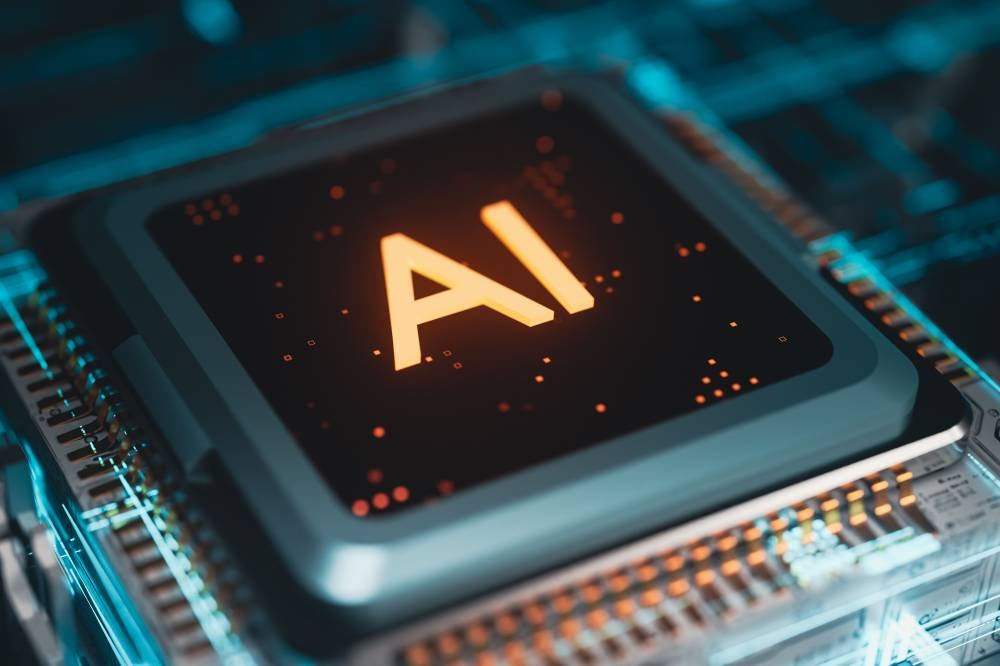AI will help workers, not replace them, tech executives say
Shief executive of the Consumer Technology Association said that as AI reshapes industries, jobs and skillsets will also evolve and new opportunities will emerge.

LONDON - The artificial intelligence (AI) revolution will change the jobs market, but it will have an overwhelmingly positive impact on people and work, according to executives at the CES technology show
The annual convention in Las Vegas is being dominated by products and services claiming to have AI tools at their centre, but some critics of the technology have raised concerns that its automation capabilities will take away jobs from humans.
Senior figures in the tech sector have argued that the aim is not to replace humans at work but to help improve their working lives by augmenting certain tasks to allow them to focus on other things both professionally and personally.
Gary Shapiro, chief executive of the Consumer Technology Association, which organises CES, told the PA news agency that as AI reshapes industries, jobs and skillsets will also evolve and new opportunities will emerge.
"Certainly it will have an impact on jobs, both positively and negatively. The positive is that it will take away from humans a lot of jobs that are repetitive and that humans don’t want to do - and it will give us longer and healthier lives. It will have cars avoiding car accidents and save us a lot of human misery, but new human skills will be needed to create new jobs,” he said.
"For example, in the auto industry as we move to self-driving - which is generative AI in part - you will have jobs creating new environments and cars. It will create ‘sleeping cars’ that you can buy or rent. It will have entertainment or education, you name it.
"There’ll be new business models, and people have to clean cars and things like that - those services will develop. The rental car markets will change. Those are good things. There’ll be different jobs out there.
"People will have more leisure time, and you’ll find new ways to fill it. I think people have a fundamental need to be productive and helpful.”
Earlier this week, Sam Altman, the boss of ChatGPT developer OpenAI, said the company was confident it could already create what is known as artificial general intelligence - an advanced level of AI defined by OpenAI as one which can autonomously outperform humans in most forms of work.
Meanwhile, CES has been littered with demonstrations from firms looking to deploy AI to make home appliances more useful and helpful autonomously.
Deborah Honig, Chief Customer Officer at Samsung UK, stated that the tech giant is focused on tools to streamline people's tasks.
In the last 12 months, the firm has introduced a series of AI features for its mobile devices that help users better organise their emails and calendars, as well as writing and editing tools. Additionally, it announced at CES that it is bringing AI to its TVs, making them central smart home hubs for households.
She added that the increasing presence of AI tools in daily life could also help "level the playing field” when it came to work-life balance, not only for women, but also younger people starting out in career. - BERNAMA-XINHUA














